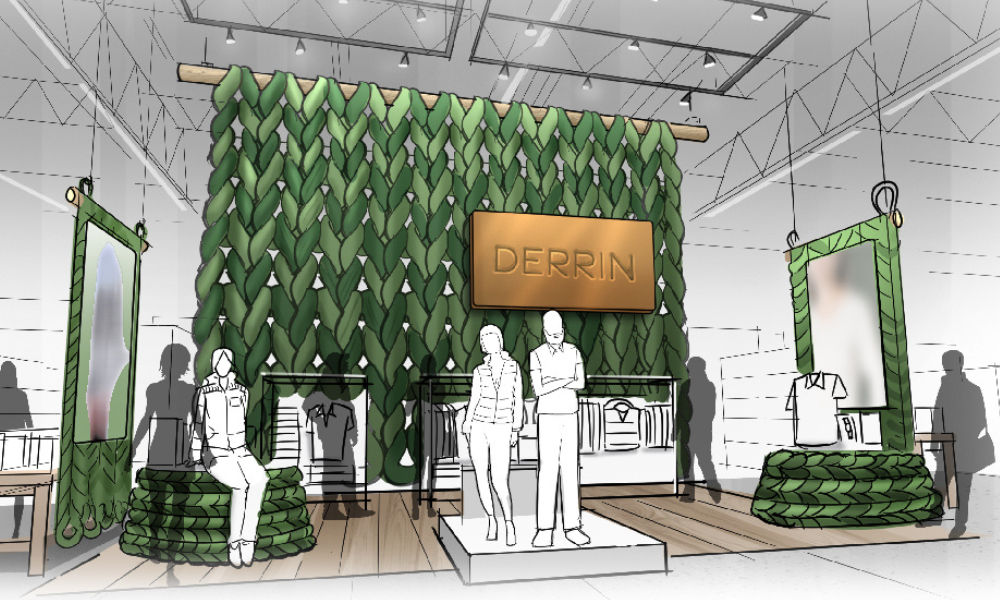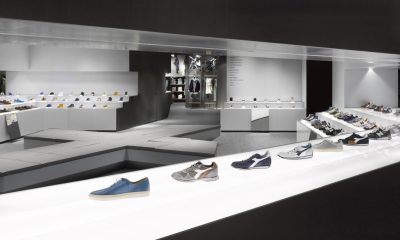Oftentimes background music is easily overlooked by customers and storeowners. As consumers, we are concerned with the products that we can buy. As designers and storeowners, we are more concerned with the store's layout design. However, background music cannot be ignored. It has the power to make customers stay longer, spend more money, and even purchase products at a faster rate. It gives storeowners the means to directly influence their customer's buying behavior. As a result, it is important for retail stores to fully understand the power and effects that background music has on its business.
Benefits of background music
The benefits of background music far exceed what people may expect. In fact, one study shows that playing appreciated music in a store influences 35% of the people to stay longer, 31% of the people to re-visit, 21% of the people to recommend the place to a friend, and 14% of the people to buy more. Background music has the power to boost customer satisfaction by making customers more patient while they wait in line or when customer service is slow. Background music's ability to influence customers' moods, dispositions, and perceptions is a powerful tool that businesses should be aware of and understand.
Advertisement
Music that makes customers spend more money
Studies have shown that classical music, more so than any other genre of music, will influence customers to spend more. This works on two levels. First, classical music gives off an air of luxury. In other words, when customers are listening to classical music, they subconsciously perceive the store's products as more high-end and made with better quality, even if the products have not changed. Second, classical music can spark customers to develop a richer and more classical taste in products, motivating them to spend more money.
These findings, however, do not imply that all retail stores should play classical music to increase sales. In fact, playing classical music in some retail settings would negatively impact customer satisfaction and sales. In stores that are marketed as fast, convenient, or cost-friendly, classical music will compel customers to believe that the store is too expensive or too high-end for what they are looking for. So while playing classical music at a luxury leather shoe store can boost the number of sales, playing classical music at a low-cost store, such as H&M, would not.
Advertisement
Music tailored to your customer's age
A customer's age plays an important role in how they perceive and react to different types of music. First and foremost, a business must identify the main demographic of its customer base because different age groups have different preferences. One important difference is that young adults prefer music that is slightly louder, while middle age and older adults prefer music that is softer. This is an important distinction to make because 82% of surveyors say that it is important for a shop to play music at the right volume. One example of a retail store that plays the right music for its customers is Guess. Guess often holds events where they invite popular DJs to perform in their stores to entertain and satisfy their young customers.
On the other hand, a store with an older customer demographic, such as the home goods store Williams-Sonoma, should play softer music in order to suit the tastes of its older customer demographic.
Advertisement
Music that makes customers linger
A number of studies have shown that the longer a customer spends in a store, the more likely they are to buy more products. As a result, background music is the secret weapon store owners can use to make their customers shop in their store for a longer period of time and, therefore, purchase more products. Nevertheless, it is equally important to consider what type of business you would like to portray yourself as and which type of customers you would like to attract. For example, a busy cafe may want their customers to purchase and eat their meals quickly, so that other customers do not have to wait for a table.
Overall, while customers may not pay much attention to the background music that a store plays, businesses should carefully select the type of background music they play in their store and understand how to use background music to its highest potential. There is no universal background music that can work for all stores. In reality, it is businesses must first understand whom their customers are before deciding what background music to use to enhance customer satisfaction and sales. Background music is a tool that gives you the power to impact your customers' behaviors, happiness, and willingness to spend money, so use it wisely.
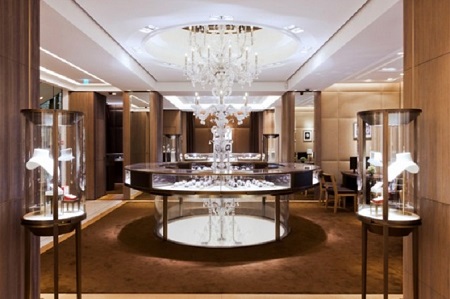

 Photo Gallery6 days ago
Photo Gallery6 days ago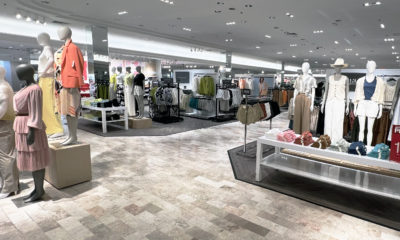
 Headlines2 weeks ago
Headlines2 weeks ago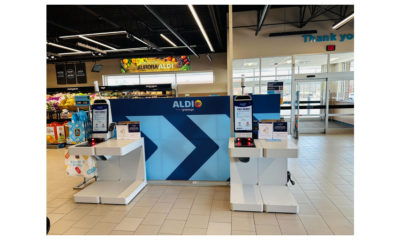
 Headlines6 days ago
Headlines6 days ago
 Headlines1 week ago
Headlines1 week ago
 Headlines2 weeks ago
Headlines2 weeks ago
 Headlines7 days ago
Headlines7 days ago
 Designer Dozen2 weeks ago
Designer Dozen2 weeks ago
 Special Reports2 weeks ago
Special Reports2 weeks ago




